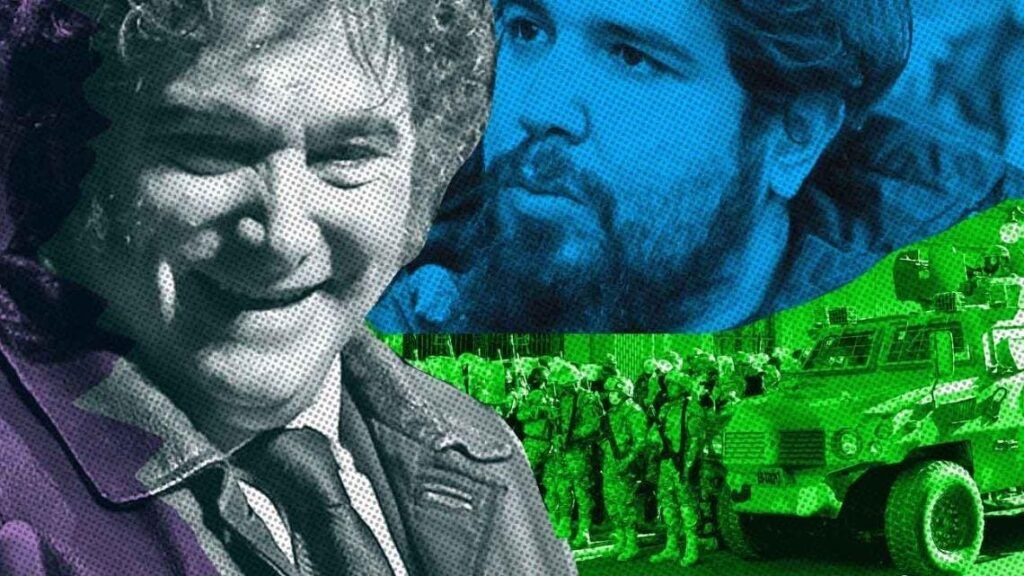In a shocking turn of events, Fernando Sabag Montiel, the man accused of trying to murder former Argentine President Cristina Fernández de Kirchner, has declared that his motivations were not political but personal. During a trial for the attempted murder, Sabag Montiel claimed that his actions were fueled by feelings of humiliation and economic hardship rather than a political ideology. He accused Kirchner of corruption, murder, and responsibility for the economic troubles faced by Argentina, leading him to seek revenge.
The case of the attempted murder of Fernández de Kirchner and the motivations of Sabag Montiel reflect the complex and turbulent state of Argentine society. Sabag Montiel, seemingly radicalized in anti-systemic ideology on digital forums, descended into a state of marginalization that justified violence in his mind. The economic issues faced by Argentina following the Kirchner era, along with heightened polarization and aggression in public discourse, contributed to Sabag Montiel’s drastic actions. The prevalence of militancy over public debate in Argentina mirrors trends seen in other countries, such as the United States and Brazil.
The rise of figures like Javier Milei, who advocate for drastic societal changes, can be attributed to a global trend of stagnant middle-class wages and anti-system sentiment among disillusioned youth. The proliferation of social media has exacerbated ideological extremes and given voice to fringe movements, allowing outsiders to gain prominence in politics. The manipulation of public opinion through social media and the dissemination of simplistic, binary ideas have become integral to political communication in the digital age.
Recent events in Latin America, such as an attempted coup in Bolivia, highlight the volatile socio-political landscape of the region. The involvement of the military in political disputes, as seen in Bolivia and Venezuela, reflects ongoing power struggles and the persistence of authoritarian tendencies. The existence of regimes like Maduro’s Venezuela and Castro’s Cuba serves to perpetuate military authoritarianism, even as ideological differences shape the methodology of political actors.
Overall, the convergence of global, regional, and domestic trends has led to a period of upheaval and uncertainty in Latin American politics. The growth of marginalized youth, deep polarization, and violent public discourse are prevalent across the region. Political ideologies have shifted towards extremes, while outsiders and fringe movements have gained influence. The case of Sabag Montiel’s attempted murder of Kirchner and Milei’s radical political stance exemplify the consequences of a failing political and economic system in Argentina. Despite attempts to cling to the past, Latin America remains entrenched in a period of decadence and uncertainty.












